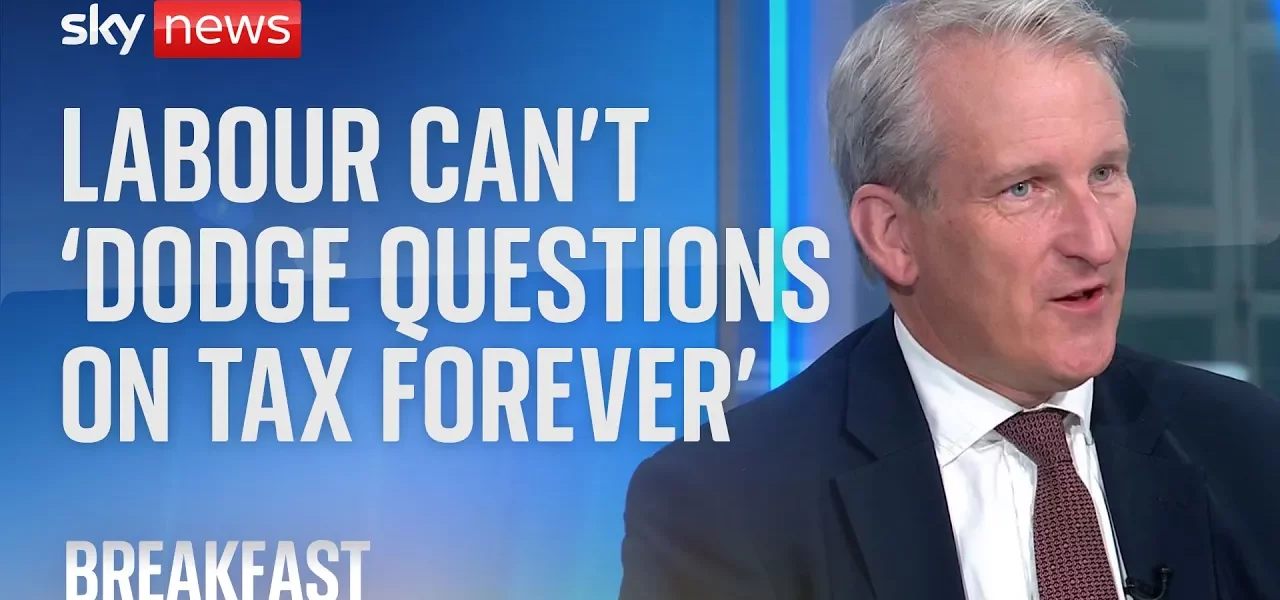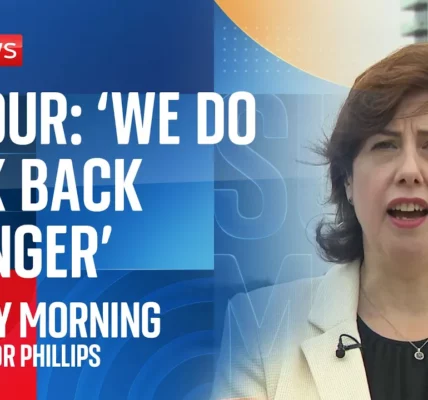Reflections on the Political Landscape: Analyzing Recent Election Defeats

In the wake of a significant election defeat, the political climate has shifted dramatically. This article delves into the challenges faced by the opposition, the implications of new taxation policies on education, and the ongoing debates within the party regarding leadership and future direction.
Introduction
Following a disappointing election outcome, returning to the House of Commons as part of the opposition presents a unique set of challenges and responsibilities. It is crucial for opposition parties to engage in a period of reflection, acknowledging the electoral mandate of the current government while also preparing to hold them accountable. This article explores the various facets of this political transition, including the reaction to new taxation policies, the implications for education, and the dynamics of party leadership.
The Role of the Opposition
Coming back to the House of Commons after a defeat requires humility and a commitment to effective opposition. This entails a thorough examination of government policies and actions. Here are some key responsibilities of the opposition:
- Scrutinizing government decisions and their impacts on the public.
- Holding the government accountable for its promises and performance.
- Representing the concerns and needs of constituents who may feel neglected.
Impact of Taxation on Education
A significant point of contention has arisen regarding the proposed 20% increase in VAT on private school fees. This policy raises numerous concerns, particularly about its impact on families and the education system as a whole. Below we explore the implications:
Disproportionate Effects on Families
Families with children in private schools will feel the financial strain immediately. The increase in costs could lead to:
- Financial hardship for families already stretched thin.
- Potential displacement of students into the state sector.
- Increased class sizes in state schools, leading to a decline in educational quality.
State Sector Strain
The influx of students transitioning from private to state schools could overwhelm the existing infrastructure. This shift raises several concerns:
- Insufficient spaces in state schools to accommodate new students.
- Increased class sizes, which could hinder personalized attention.
- Resource allocation challenges as schools prepare for larger cohorts.
Leadership Contest and Party Reflection
As the party prepares for its leadership contest, it is vital to reflect on the lessons learned from the recent election. The importance of a thoughtful and comprehensive approach to leadership selection cannot be overstated. Considerations include:
Listening to Party Members
Engaging with various candidates and party members is crucial for a democratic process. This includes:
- Encouraging open discussions about the party’s future direction.
- Evaluating candidates based on their vision and ability to unify the party.
- Understanding the public’s expectations from a center-right party.
Avoiding Rushed Decisions
It is essential to take the time necessary for a thorough evaluation of potential leaders. Rushed decisions can lead to:
- Inadequate representation of party values.
- Long-term repercussions on election viability.
- Internal divisions that could weaken the opposition’s effectiveness.
Scrutiny of Government Policies
One of the main responsibilities of the opposition is to scrutinize the current government’s policies, especially those that may have been implemented without adequate public discourse. Recent actions, such as suspending party members for voting against party lines, have raised questions about governance and accountability:
Political Discipline and Accountability
Party discipline is paramount; however, the current government must also be held accountable for its policies. Key points of scrutiny include:
- Assessing the rationale behind suspending MPs and its impact on party unity.
- Evaluating the effectiveness of government decisions regarding public finances and taxation.
- Monitoring the execution of immigration policies and their implications for society.
Conclusion
In conclusion, the aftermath of a significant election defeat presents both challenges and opportunities for the opposition. It is imperative to approach this period with humility, reflect on key lessons, and engage in meaningful discussions about the future direction of the party. As political dynamics continue to evolve, the opposition must remain vigilant, ensuring that they hold the government accountable while advocating for the public’s best interests. For further insights into political strategies and opposition roles, explore our related articles on political analysis and party dynamics.
“`




